Today, the 3rd of March is set aside to celebrate and raise awareness of the World’s wild animals and plants. This day is the most important global annual event dedicated to wildlife. This year, the theme is “Sustaining all life on Earth”. All life on earth encompasses all wild animals and plant species, which constitute key aspects of the world’s biodiversity.
Today’s celebration will not be the first time Ghana has joined the global community celebrate this annual event. Last year, I recall how the Wildlife Division, together with WABIC, A Rocha Ghana and Ghana Wildlife Society organized several events to raise awareness on theme “Life below water: for people and planet.” A flash mob and a bicycle ride through some important streets of Accra were organized to commemorate the day.
Today, I am sure the Wildlife Division, as always will be joining hands with several other organisations to commemorate the day, to let the world know that “we too we dey”. This is all good and great. At least by celebrating we let the world know that we have the date prioritized on list of celebratory days. Again, all good and great. But wait a minute.
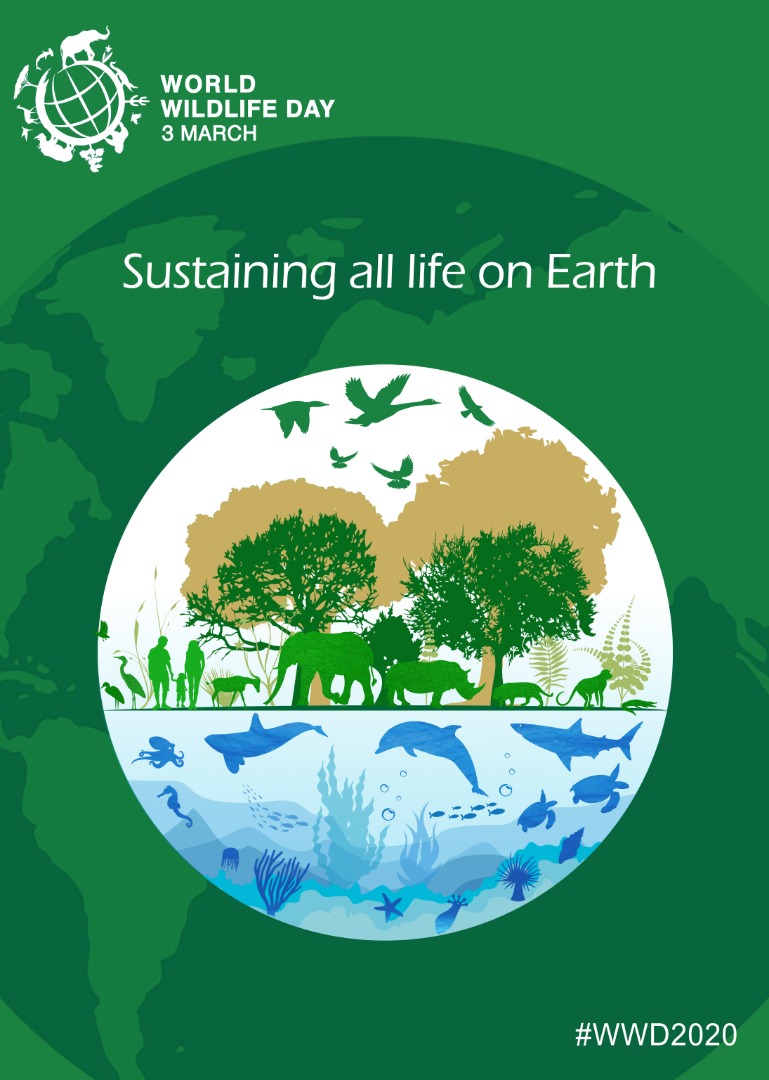
That is the beautiful side of the coin. Let us take a look at the other side of the coin, where I invite you to take a drive on any of our highways, and one is sure to come across, some bushmeat trader selling, wild animals dead or alive. Common to see along our highways, particularly from Accra to Kumasi is the sale of pangolins, commonly called ‘apraa’ by most bushmeat lovers.
Pangolins are globally considered endangered, as they are the most traded animal in the world. This notwithstanding, hunting and trade continues on a daily basis without any serious action to address their illegal trade. Pangolins as a probable agent for transmission of corona virus has not given this species a respite in Ghana. It is business as usual.
Another ugly side of the coin, has been the decade long illegal felling and trade in rosewood, a tree species that is listed on CITES Appendix II and for which a CITES permit is required before export. The trade in rosewood has been bedeviled with several irregularities and illegalities to the extent that attempts by affected communities, CSOs to stop the trade has failed woefully.
Several harvesting, transport and export bans only added to the number of failed attempts by state agencies to ensure enforcement and compliance of ban on rosewood trade. The situation is so dire to the extent that, a ban announced in March 2019, led to international bodies like the EIA unearthing even more higher-level illegal trade, involving the issuance of CITES in advance.
Even though, the EIA has provided evidence, recent enquirer by the government, seem to suggest there is no culpability on the part of state agencies and its assigns. The unregulated and illegal trade in rosewood, has left in its wake, ripples of unending impunity, presently resulting in the destruction of hardwood species in the dry regions of Ghana.
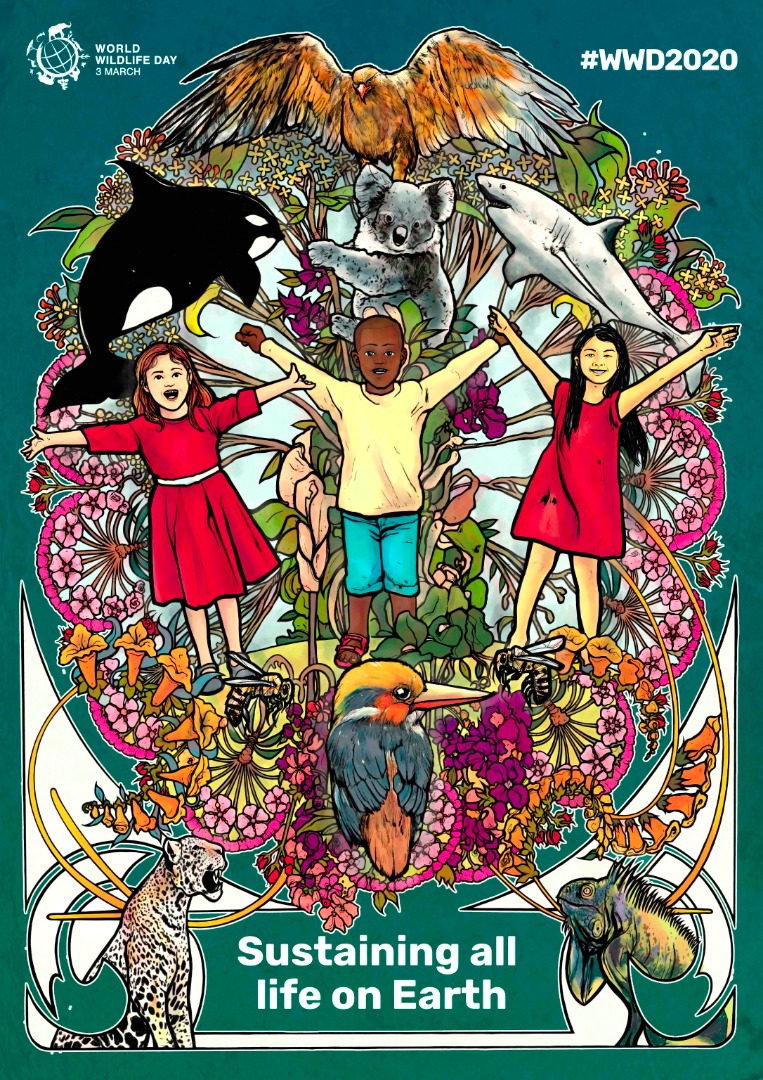
The trade in pangolins and rosewood present just a tip of the indifference and far reaching enforcement and compliance regulatory challenges affecting the sustainable management of Ghana’s fauna and flora resources.
The situation does not seem to be getting any better, heightened by the increasing encroachment and degradation of our protected areas and forest reserves which serve as habitats for these biological assets that are crucial for our survival.
We are well aware of the ongoing logging activities in Kalapka Resource Reserve in the Volta Region. Mole National Park, Ghana’s premier protected area, has also come under serious siege from rosewood logging. It is difficult to tell if this impunity has stopped.
The situation is far worse, when one looks at wild fauna and flora in our forest reserves. Many scientists from home and abroad have described our forests as ‘empty’.
With the ongoing destruction as a result of galamsey and the imminent threat of bauxite mining in Atewa Forest, an upland ecosystem, the situation gets worse and bleak by the day.
The current state of affairs makes me fear that, as a country we seem to be good at celebrating and making the nice speeches and showing off to the world, but do not have what it takes to act when it really matters.
The recent report by the Intergovernmental Panel on Biodiversity and Ecosystem Services (IPBES), recommends that, to address the current loss of biodiversity, transformative changes are needed to restore and protect nature. Ghana obviously has a lot to learn and do.
What we need as a country is to start taking our actions as seriously as we take the organisation of annual events like World Wildlife Day.
Otherwise, I ask, what are we celebrating?










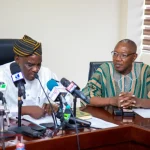
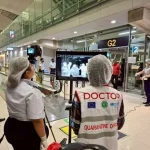


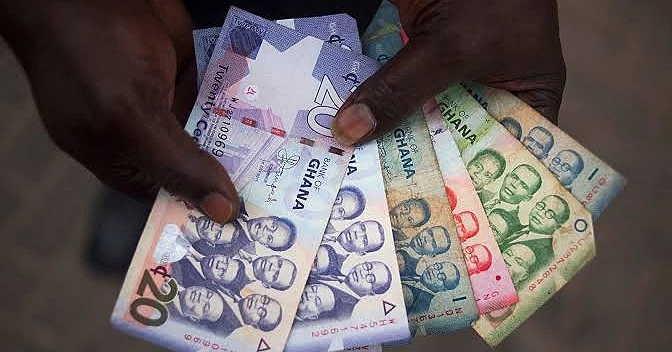

Very sound arguments Sefanam! Congratulations for shedding light on this bane in the Ghana society. We need such agile minds like yours to move Ghana forward. Stay safe.